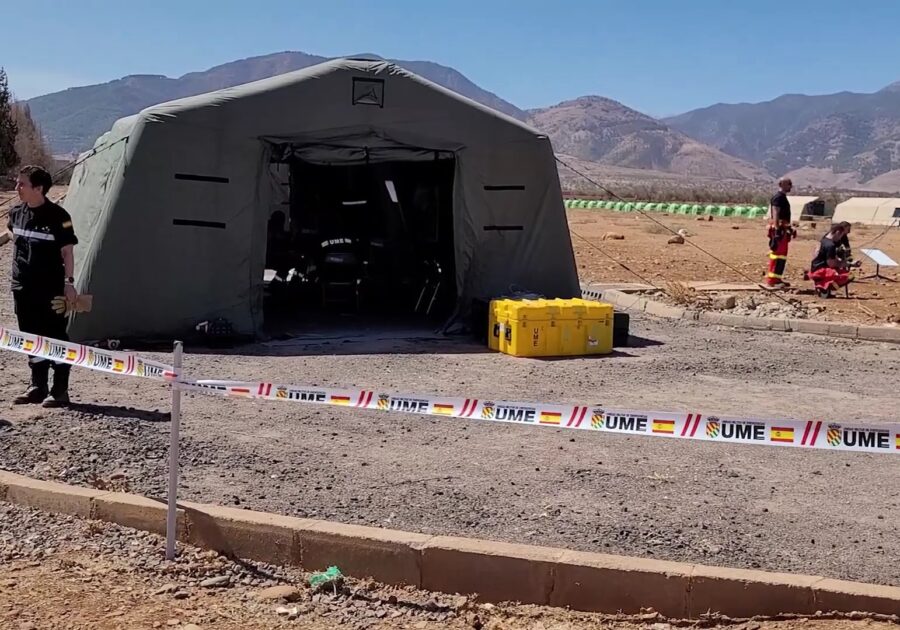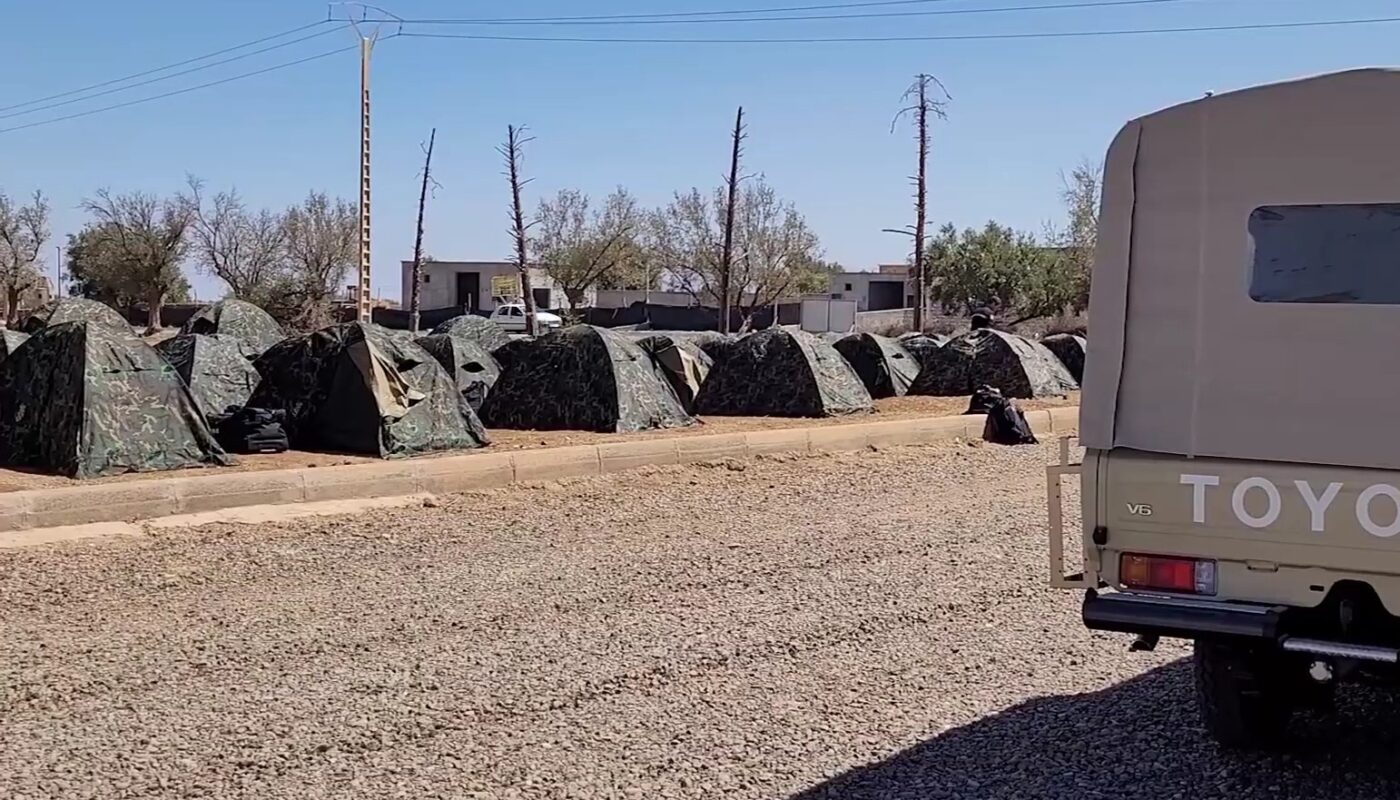A 6.8 magnitude earthquake hit Morocco at 11:11 p.m. on Friday, Sep. 8, 2023, killing 2,946 people and injuring 5,674. This is said to be one of the deadliest quakes in the country in six decades.
The earthquake was caused by oblique reverse faulting. This is when tectonic plates collide, building stress on a fault line as the Earth’s crust thickens. If the rocks shift, the stress is released, causing an earthquake of that magnitude.
Morocco decided to declare three days of national mourning, flying the national flag at half mast while providing responders to search for and rescue survivors, send clean drinking water, food supplies, tents and blankets, remove debris and establish emergency housing. After the immediate disaster control, they plan to rebuild roads and schools damaged in the earthquake.
International aid has been offered to Morocco by Spain, Qatar, the United Kingdom and the United Arab Emirates because of the extreme damage.

As rescue teams are slowly deployed into the hard-to-access disaster zones, small volunteer groups had to do most of the rescuing. Death toll numbers are expected to increase because victims are in unreachable areas under rubble—especially in the mountainous areas–for long periods of time.
A few days after the disaster, affected zones still had no electricity or running water. Most emergency medical responders weren’t even able to reach every affected zone, taking days for responders to find survivors. The Moroccan government is being criticized for their disaster relief response time.
“Nothing is happening. We are just waiting. They decided to do nothing. They are just telling us to be patient, making promises,” said Sami Sensis, a victim whose parents died in the earthquake after being trapped for 36 hours.
The earthquake shook cities from Marrakesh to Casablanca and hit remote mountain villages the hardest. Homes were flattened, roads destroyed, schools damaged and Marrakesh’s old city ancient buildings collapsed. Unesco, a world heritage site and the city’s famous 12th-century Koutoubia mosque, is no longer standing. Now there are displaced citizens on the streets who are at risk for disease and heat exhaustion because part of the Moroccan emergency housing was makeshift tents along the streets.
Public criticism is aimed toward the monarch of Morocco, King Mohammed IV. King Mohammed was at his mansion in Paris, absent from the first few hours of the crisis. He flew back home after the earthquake with a camera crew to visit survivors in the hospital.
The monarch’s usual strategy is that good publicity leads to loyal subjects, yet with more than 2000 people dead, Moroccans are angry mostly at the king rather than the royal palace, as the king holds most of the decision-making power.
While many are upset with the government, some people are defending it.
“The government has been there from day one, the extent of what has happened is so extreme that you cannot be everywhere at the same time at that moment. Sometimes you need to step back and assess. And the main focus was getting people safe and roads being cleared to be able to get to those people who didn’t have any means,” said Amal Zniber, head of an educational charity.
Morocco’s national football team was supposed to play in the Africa Cup of Nations qualifier game against Liberia but the match was canceled after the earthquake. Morocco’s players and staff donated blood to provide aid to their country.
The team experienced the earthquake aftershocks unharmed. Their coach, Tom Saintfiet, said, “I never in my life saw a building moving like that.” Saintfiet thought an airplane had crashed into their hotel.
The Moroccan population is taking time to rebuild, heal, and mourn this disastrous earthquake.


